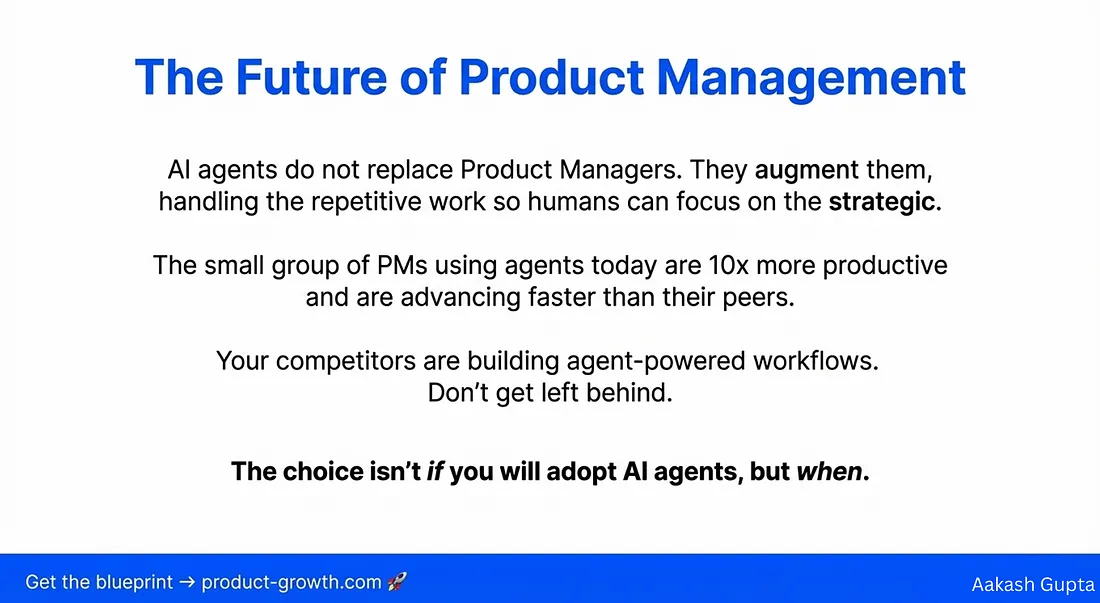
AI Product Manager: Salaries, and How You Can Become One? [ 1 / 8 ]
In today’s tech world, Artificial Intelligence (AI) and Machine Learning (ML) are becoming integral parts of products across industries — from personalized Netflix recommendations to chatbots like ChatGPT that engage with users.
But here’s the big question:
Who is responsible for ensuring these AI-powered products deliver value to customers and align with business goals?
That’s where AI Product Managers step in.
✏️ What is an AI Product Manager?
An AI Product Manager is a product leader who drives the development of AI-powered products or features.
They act as a bridge between business goals, customer needs, and technical teams — ensuring the AI products make business sense and meet market demands.
In contrast to traditional product managers, AI product managers not only deal with the usual responsibilities like defining product vision and roadmap but also understand how AI models work — even if they’re not building them themselves.
For example, let’s say a retail company wants to add a recommendation engine to its e-commerce app.
The AI Product Manager works with data scientists to define which recommendation model to use (e.g., collaborative filtering) and ensures the output aligns with user behaviour and drives revenue.
✏️ What Does an AI Product Manager Do?
Being an AI Product Manager involves a mix of traditional product management tasks and specialized responsibilities. Here are the key roles and responsibilities:
1. Identifying Opportunities for AI in the Product
- The AI Product Manager identifies where AI fits into the product roadmap.
- Example: In a banking app, AI can improve fraud detection by analyzing transaction patterns.
2. Defining AI Problem Statements
Instead of just asking, “Can we use AI?”, the product manager identifies specific problems that can be solved with AI. This is called problem framing.
- Example: A media platform might say, “We need to improve content recommendations,” but the AI product manager reframes it to: “How can we increase user engagement by 15% through more relevant recommendations?”
3. Collaborating with Data Scientists and Engineers
AI Product Managers work closely with data scientists to develop models, but they also make sure engineers integrate these models into the product. They translate business needs into technical requirements and ensure clear communication between teams.
- Example: They might say, “The recommendation model needs to update in real-time based on user behavior during each browsing session.”
4. Managing the AI Product Lifecycle
AI products often require continuous iteration. The AI model needs regular updates and monitoring to stay relevant. As data changes, so must the algorithms.
- Example: A chatbot trained on 2020 data will likely be outdated in 2024. The AI Product Manager ensures the chatbot gets regular updates to stay useful.
5. Evaluating AI Model Performance
They monitor performance metrics such as accuracy, precision, and recall to ensure the AI models deliver expected results. If the AI doesn’t meet business objectives, they work with the team to fine-tune the model or switch strategies.
✏️ How Much Does an AI Product Manager Earn?
AI Product Managers earn more than traditional product managers, thanks to their specialized skill set. Salaries can vary by location, industry, and experience level.
- In the US, an AI Product Manager earns between $120,000 and $170,000 annually, with senior roles exceeding $200,000.
- In Europe: Salaries range from €80,000 to €130,000, depending on the country.
- In India: The salary can range between ₹25–45 lakhs per year for a Product Manager and Senior Product Manager can expect ₹40–75 lakhs per year
✏️ How Can you Become AI Product Manager?
Study this Course to learn Machine Learning and AI — Stay Tuned for Part 2










Comments ...
No Comments Yet ...Add One